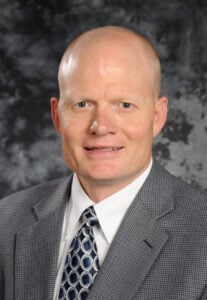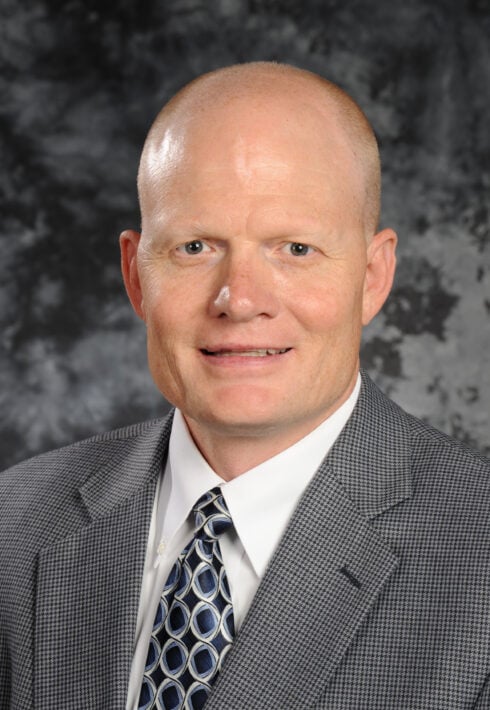Idaho National Laboratory (INL) and the Colorado School of Mines (CSM) have signed a memorandum of understanding to expand their joint efforts in scientific research over the next five years. The agreement outlines a framework for collaboration on projects in a variety of areas including energy storage, high-temperature fuel cells, geothermal energy systems, nuclear fuel cycle and reactor engineering, environmental science, and next-generation mining science and engineering.

The collaboration aims to leverage the strengths of both institutions, focusing on synergies and addressing challenges related to energy transition and materials extraction. Researchers will be working on a concept they’re calling “Mines of the Future” in which critical minerals can be extracted more surgically and efficiently, with less energy consumed and less harm to the environment.
INL’s co-lead for critical minerals research and CAES collaborator Travis McLing says, “At INL we have the technology, with remote sensors and machine learning. CSM is the institution that allows INL to take cutting-edge science and apply it to the actual rock. We don’t have a mine ourselves, but CSM is a global leader. It’s not even debatable.”
The partnership also involves expanding nuclear energy research at the university and integrating it into mining processes. As part of the collaboration, CSM professor Thomas Albrecht-Schoenzart has received a joint appointment with INL to study actinide science in support of the INL Glenn T. Seaborg Institute, whose mission is to provide education and training in the field of actinide science and maintain U.S. leadership in the field.
Actinides are radioactive elements at the bottom of the periodic table that play a key role in nuclear chemistry. There are five Seaborg Institutes in the Department of Energy’s national laboratory complex, each of which focuses on the core capabilities of its home lab. Since the 1950s, when it was the National Reactor Testing Station, INL has been a leader in actinide science. Learn more about the collaboration here.






